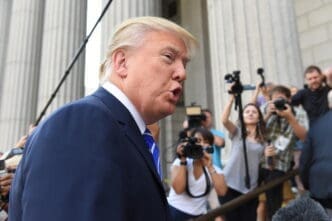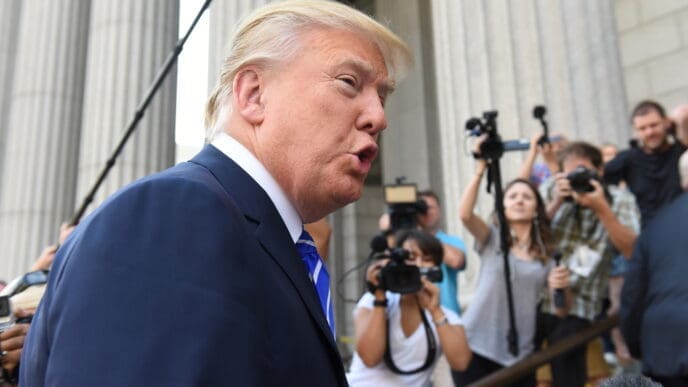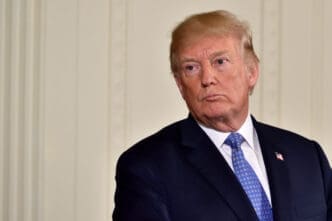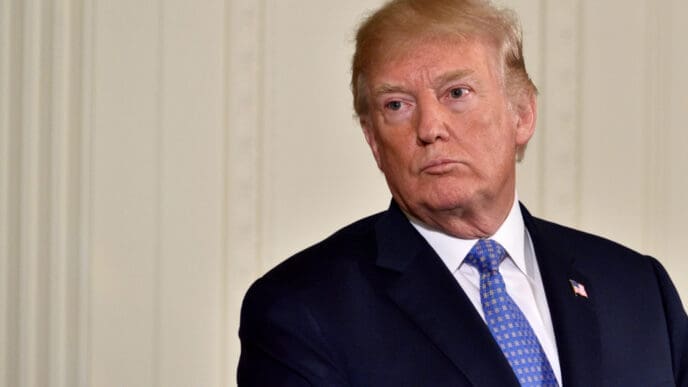Executive Summary
The Story So Far
Why This Matters
Who Thinks What?
Treasury Secretary Scott Bessent indicated Tuesday that the U.S. government is considering taking an equity stake in the struggling chipmaker Intel. Such a move, which follows multiple media reports, would represent an unusual arrangement for the Trump administration to invest directly in a private American business. Bessent suggested in a CNBC interview that any potential deal would primarily aim to bolster an American technology company for national security purposes, rather than to generate financial returns.
Potential Government Investment
Reports from Bloomberg, The New York Times, and The Wall Street Journal have indicated that the administration is weighing a 10% stake in Intel. These discussions reportedly involve converting grants allocated under the CHIPS and Science Act into an equity stake, a mechanism Bessent alluded to as a “conversion of the grant.”
Bessent emphasized that such an investment would be intended to “help stabilize the company for chip production here in the US,” explicitly stating that the government would not pressure companies to purchase chips from Intel. He asserted, “The last thing we’re going to do is put pressure, is take the stake and then try to drum up business.”
National Security Rationale
A key driver for the potential investment, according to Bessent, is national security. He highlighted the current reliance on Taiwan for the majority of the world’s chip production as a “single point of failure” that the U.S. needs to address. Strengthening domestic chip manufacturing is seen as crucial to mitigate this risk.
Company and White House Responses
Intel has declined to comment directly on the reports of a government stake, stating last week that it “is deeply committed to supporting President Trump’s efforts to strengthen U.S. technology and manufacturing leadership.” The company added that it would not comment on “rumors or speculation.”
White House spokesman Kush Desai also cautioned against speculation, stating last week that “discussion about hypothetical deals should be regarded as speculation unless officially announced by the Administration.”
Intel’s Challenges and Broader Context
The potential government investment comes as Intel has faced significant challenges, including falling behind rivals like Qualcomm and Nvidia in key technology shifts such as mobile and artificial intelligence. The chipmaker recently announced plans to lay off 15% of its staff. Last week, President Trump met with Intel CEO Lip-Bu Tan, a meeting that followed earlier calls from the President for the executive’s resignation over alleged links to China.
This potential deal aligns with President Trump’s broader agenda to revive manufacturing in the United States and solidify America’s leadership in the tech sector, which have been cornerstone goals of his presidency. He has previously highlighted investments from companies like Apple, TSMC, and Nvidia in expanding their U.S. operations as political successes.
Precedent for Future Investments
Sources familiar with White House discussions suggest that if the government does take a stake in Intel, it could serve as a model for other potential Trump administration investments in private companies. This follows other recent government actions in the chip sector, such as agreements where chipmakers Nvidia and AMD reportedly agreed to pay 15% from their chip sales in China to the government in exchange for export licenses.
The discussions around a government stake in Intel underscore the administration’s strategic focus on bolstering domestic technological capabilities and reducing foreign dependency, prioritizing national security and industrial stability over traditional profit motives in key sectors.














